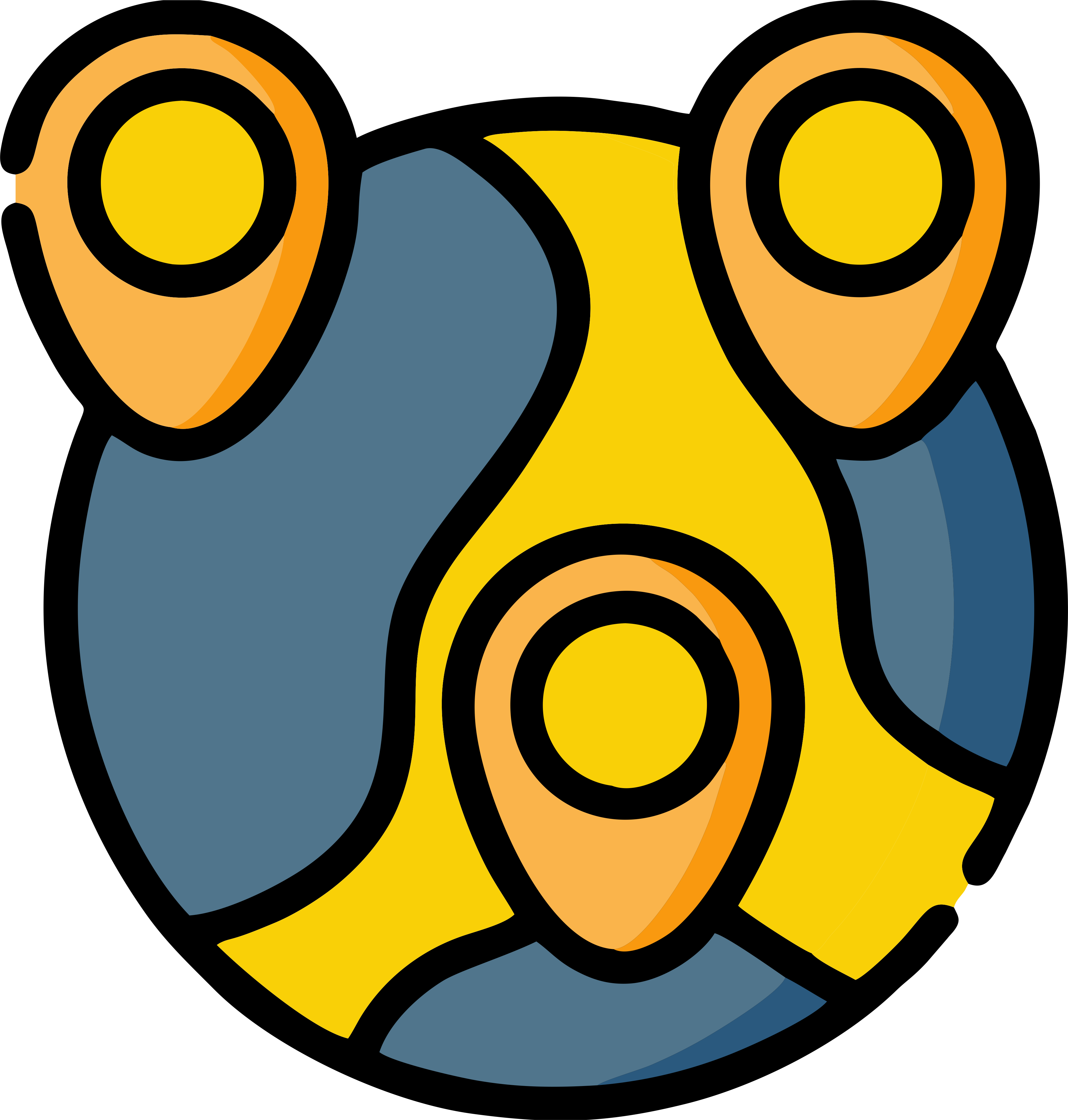 Next Batch:New batches start every 7th Day. Limited seats available – enroll early!
Next Batch:New batches start every 7th Day. Limited seats available – enroll early!
 Course Duration:1–2 Months (including hands-on labs and project work)
Course Duration:1–2 Months (including hands-on labs and project work)
 Eligibility:
Eligibility:
 Tools:
Tools:
 Modes of Training: Online Live Classes/Offline Training (available at all Samyak branches)
Modes of Training: Online Live Classes/Offline Training (available at all Samyak branches)
 Projects:Available
Projects:Available
Average CTC
Naukri, LinkedIn, Glassdoor
Industry Mentors
The MS Project Training Course is designed for engineers, managers, and professionals who want to plan, execute, and monitor projects effectively. It covers all essential features of Microsoft Project including scheduling, task linking, budgeting, and reporting.
This course blends theory with real-world project scenarios, helping you master time management and performance tracking. By the end, you’ll be able to confidently manage small to large-scale projects using MS Project tools and techniques.
Theory doesn’t help anyone in professional life, professional Courses are better learnt by experimenting.
Certifications like Microsoft, Google, HP, Cisco, EC-Council make a huge difference in placement.
Contents are based upon the latest trends in IT industry nd as per the recommendations of IT Guys.
Good opportunities need to spread geographically, so is Samyak for the benefit of professional and job seekers.
All courses are as per industry needs and with projects/ examples, which make Samyak’s approach job oriented.
Once the course is completed from Samyak, there is a dedicated team to guide for interview and placements.
Learn skills that open doors to vast, growing markets worldwide, constantly increasing demand across industries.
Acquire in-demand expertise to command top salaries, and accelerate long-term financial growth .
Build adaptable, technology that keep your career relevant, and valuable in chaanging times.

Gain practical tools, mindset and networks needed to launch ventures, create sustainable businesses.

Develop solutions and leadership that solve real-world problems, positively impacting communities.

Join a diverse, supportive community of learners, mentorship, opportunities, and lasting connections.
A detailed overview of the course, including key topics, objectives, and module sequence.

Internationally recognized certificate for professional achievement.

ISO 9001:2008 certified training recognized globally.

Govt of India-backed certification enhancing employability.